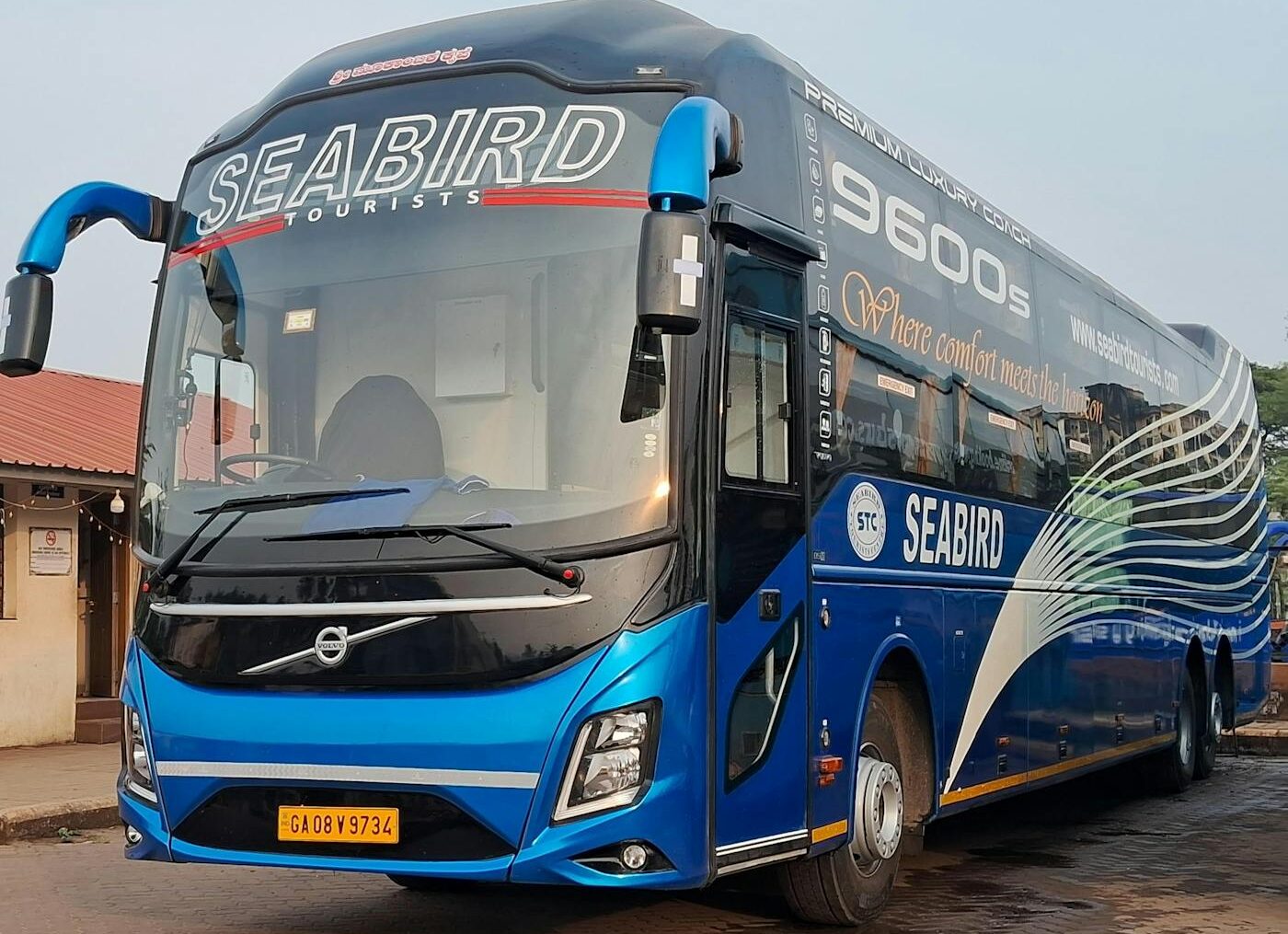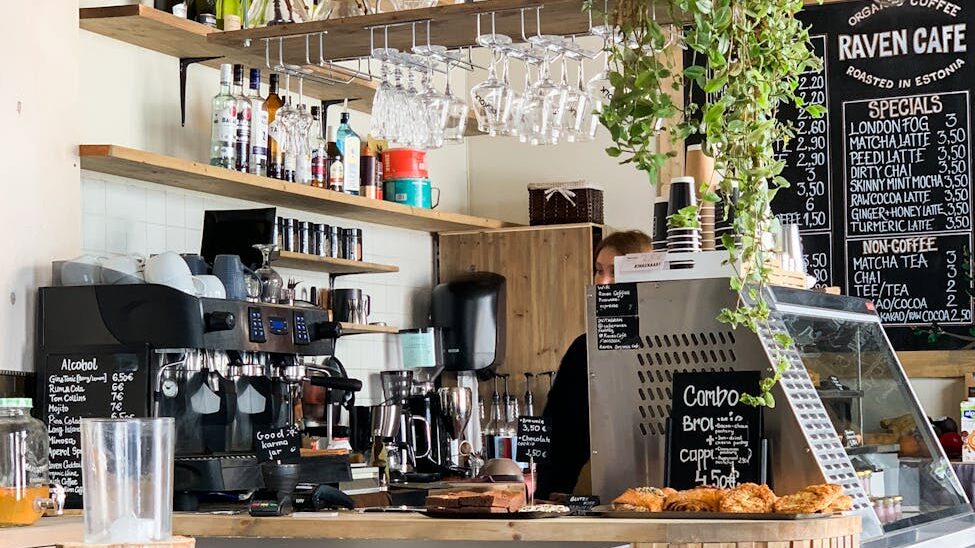Table of Contents
How to Register an Asian Grocery Store in Namibia

Starting an Asian grocery store in Namibia can be a profitable business, especially with the growing demand for diverse international food products. However, before you can open your doors to customers, you need to register your business legally. This guide will walk you through the step-by-step process of how to register an Asian grocery store in Namibia, ensuring compliance with local regulations.
Step 1: Choose and Reserve a Business Name
Before registering your Asian grocery store, you must select a unique business name and reserve it with Namibia’s Business and Intellectual Property Authority (BIPA).
How to Reserve a Business Name in Namibia
- Choose a Unique Name: Ensure that the name you select is not already in use by another business in Namibia.
- Submit a Name Reservation Application: You can do this online via the BIPA website or visit a BIPA office in person.
- Pay the Name Reservation Fee: The standard fee for reserving a business name is NAD 75.
- Receive Name Reservation Approval: Once approved, the name is reserved for 60 days, during which you must complete the registration process.
Step 2: Choose a Business Structure
To legally operate your Asian grocery store in Namibia, you need to select a business structure that suits your needs.
| Business Structure | Description | Typical Registration Cost |
|---|---|---|
| Sole Proprietorship | Owned by one individual | Lower cost, typically under NAD 2,150 |
| Close Corporation (CC) | Owned by up to 10 members | Around NAD 3,450 |
| Private Company (PTY LTD) | Suitable for larger businesses | From NAD 7,925 and above |
If you plan to expand your store or bring in foreign investors, registering a Close Corporation (CC) or Private Company (PTY LTD) is recommended.
Step 3: Gather Required Documents
Before submitting your application to BIPA, ensure you have the following essential documents:
- Founding Statement: A document outlining your business’s objectives and structure.
- Consent Letters: Signed consent from all partners or directors (if applicable).
- Identification Documents: Copies of IDs or passports of the business owner(s).
- Proof of Address: A recent utility bill or lease agreement showing the business location.
- Business Plan: Not mandatory, but having a plan improves your chances of securing funding.
Step 4: Register Your Asian Grocery Store with BIPA
Once all documents are prepared, you must submit your business registration application to BIPA.
How to Submit Your Business Registration Application
- Complete the Registration Forms: Available on the BIPA website.
- Attach Required Documents: Ensure all identification and address verification papers are included.
- Pay the Registration Fees: Fees depend on the business structure. For a Close Corporation, it starts at NAD 3,450.
- Receive Registration Certificate: If approved, BIPA will issue your business registration certificate within a few weeks.

Step 5: Register for Tax and Compliance
After registering your business, you must comply with tax regulations and obtain necessary licenses.
Tax Registration with NAMRA
- Obtain a Tax Identification Number (TIN) from the Namibia Revenue Agency (NAMRA).
- Register for VAT if your annual revenue exceeds NAD 500,000.
- Ensure Tax Compliance: File returns on time to avoid penalties.
Step 6: Secure a Trading License
To operate your Asian grocery store legally, you must apply for a trading license from your local municipality.
How to Get a Trading License in Namibia
- Submit a Business Plan: Some municipalities require a summary of your store operations.
- Pass Health and Safety Inspections: Health authorities will assess food handling procedures.
- Pay the License Fee: Ranges between NAD 500 – NAD 3,000, depending on store size and location.
- Receive Approval: Once all requirements are met, you’ll be issued a trading license.
Step 7: Find a Suitable Business Location
A strategic store location is crucial for success. When choosing a location, consider:
- Areas with high foot traffic (e.g., shopping centers, central markets).
- Proximity to your target market, especially Asian communities.
- Availability of storage and refrigeration facilities.
Once you secure a location, negotiate a lease agreement and ensure zoning regulations permit retail grocery operations.
Step 8: Stock Your Store with Asian Products
After finalizing the registration, you can now stock your store with Asian groceries.
- Import Asian products from China, India, Thailand, Japan, or Korea.
- Partner with local distributors for perishable goods like vegetables and fresh produce.
- Set up a reliable supply chain to ensure consistent stock availability.
Step 9: Promote Your Asian Grocery Store
Once your store is ready, focus on marketing and attracting customers.
Marketing Strategies for an Asian Grocery Store

- Social Media Advertising: Use Facebook and Instagram to reach your audience.
- Google My Business Listing: Helps customers find your store online.
- Discount Offers & Loyalty Programs: Encourage repeat business.
- Collaborations with Local Restaurants: Supply Asian ingredients to local eateries.
Final Thoughts on How to Register an Asian Grocery Store in Namibia

Registering an Asian grocery store in Namibia involves legal, financial, and operational steps. By following the outlined registration process, you can set up your business correctly and start serving your community with authentic Asian products.
If you need assistance with business registration, tax compliance, or obtaining a trading license, contact our business consulting team for expert guidance.
Get started today! Visit our Business Registration Services page or check out Investing in Namibia for more information.
Need help registering your business? Fill out the form below, and our team will assist you!
How to Register a Catering Business in Namibia
How to register an Art supply store business in Namibia
How to Register a Christian Church in Namibia




